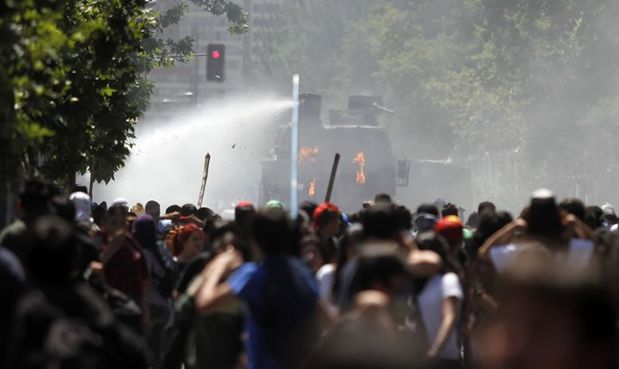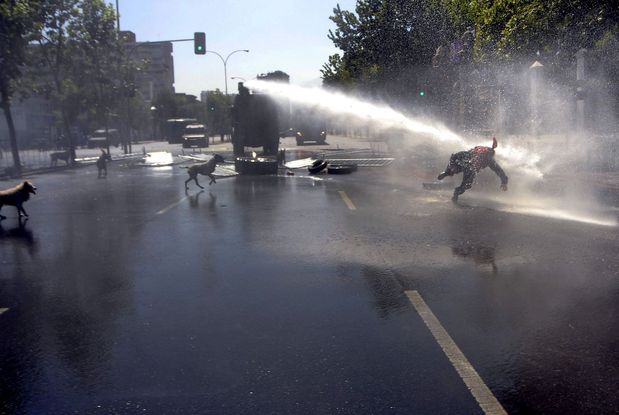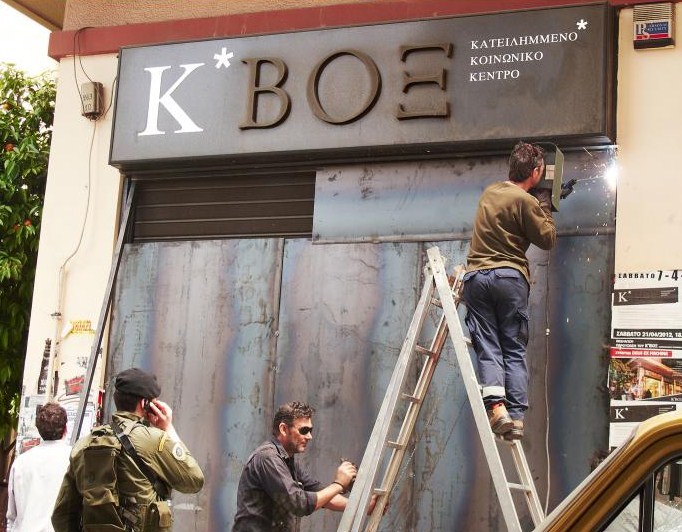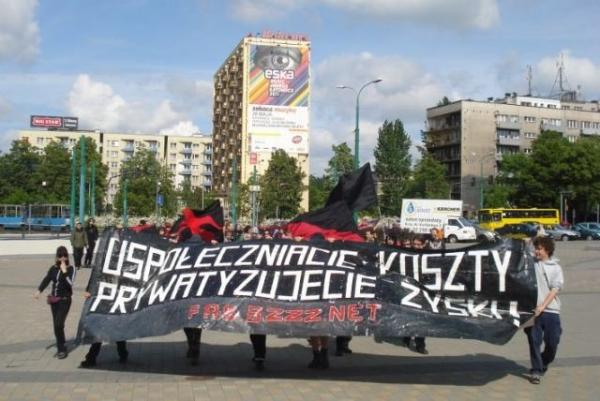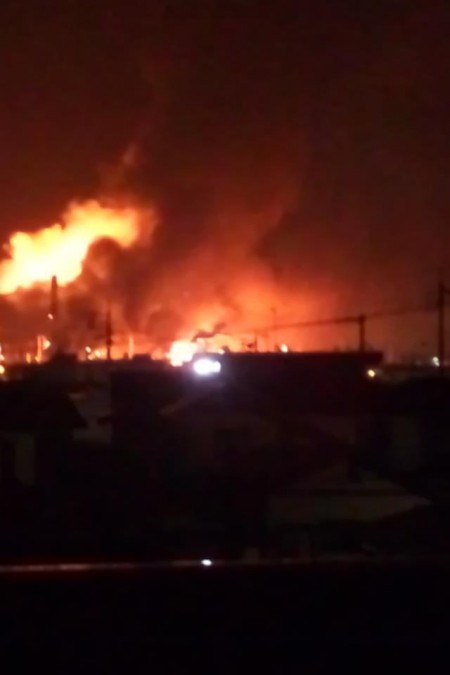Very very interesting read the article I just stumbled upon at Yanis Varoufakis' blog:
I believe it is very worth reading in full but I will entice you with some key excerpts that, in my opinion, represent the best of this thoughtful economic and political analysis (plus my own observations):
The question οn almost everyone’s lips is:
“How long before Germany recognises that a new architecture is necessary
to keep the Eurozone together?” Implicit in the question is a mistaken
premise: that Germany’s view of the Eurozone is wrong, that its stance
is predicated upon a mistaken analysis concerning the nature of Europe’s
macroeconomy.
Yes, I also fell for that fallacy at times but I believe I do for didactic purposes: I'm assuming that European politicians/managers/statespeople know what they are doing and have the prosperity and social stability of Europe as their main objective. Not correct enough, I guess.
...
When Bretton Woods died, in 1971-2, and the
DM rose in value (as it would now if the euro breaks down), the
Bundesbank oversaw a large shift in German finance from what Halevi
describes as ‘extensive’ to ‘intensive’. From a situation where Germany
was exporting industrial goods and importing labour (including Greeks)
plus finance capital from abroad, it shifted to a new posture: it
exported advanced industrial products plus financial capital (now that
the DM had appreciated) while importing low level industrial goods. It
was indeed the Bundesbank that, during that transition, pressurised
German companies to turn to financing external to their usual ‘comfort
zone’. How? By guiding Frankfurt, i.e. Germany’s large banks, to extend
the length of their money contracts.
So this is how the Germany and Europe we know arose. Earlier it is explained that this was the culmination of a three-phase process.
This position of Germany as overlord of international markets is strong but not immune to normal crisis:
[Halevi] challenges the views of two great
scholars that he evidently admires: R. Hilferding and J. Schumpeter. The
two men had presumed that, because German capitalism had utilised
effectively corporatist structures for planning markets, Germany’s
‘trustified’ capitalism would be immune to crises of aggregate demand.
Halevi challenges this view, arguing with Kalecki that, while
trustification and corporatism did give German capitalism a capacity to
accumulate and hoard productive capital over and above the level of its
neighbours, it does not shield it, in the end, from recessionary forces.
Indeed, German corporatism generates recessionary forces from within
and has a tendency to export them without.
But it is not something created by markets but planned by the Bundesbank:
Turning again to the Bundesbank’s
crucial role, Halevi argues that during the post oil-crisis global
stagnation, the Bundesbank was dead keen to avert a situation in which
German foreign direct investment abroad was financed through liabilities
against Germany itself. So, the only way that German industry could
extend its reach, and establish foreign productive facilities, without
such liabilities, was to finance their outward expansion through
aggressive trade surpluses with the [Rest of Europe]. Halevi’s interesting point was
that this did not simply transpire; that it was not just a result of
markets-at-work, but that it was an outcome designed and directed, to a
large extent, by a Bundesbank dead keen to preserve German finance under
strict German (and Bundesbank) control.
The strategy worked well from 1980 to 1985,
at a time when the dollar was rising and the US was sucking in
Germany’s net exports. In the meantime, with Germany sitting on its
surpluses and with European currencies pegged on the DM, the RoE was
becoming a source of increasing demand for Germany while transforming
itself into Germany’s periphery. And what does periphery mean in this
context? Halevi’s answer is: an economic vital space that provides
demand but which grows slower (than Germany) during the good times and
contracts faster during the downturn.
And that's the root of the current European social, political and economical puzzle. A puzzle whose solution can't be unlocked easily because it implies displacing Germany from its hegemonic position, something that the whole political class is dead set not to allow, no matter who dies in the process.
The EMS and later the euro were created and, from the viewpoint of the German oligarchy, the goal was to prevent that countries like France or Italy could compensate against the German hegemonic position by means of controlled inflation (competitive currency devaluation). The deal was so good that Bundesbank was even willing to drop their beloved Deutsche Mark.
The problem is that the Rest of Europe was stuck with a Deutsche Mark of sorts, a useless (too strong) currency for them, that, in the long run, when things turned ugly as do now, could only make them horribly non-competitive in the international markets. Germany however could extend and pretend for longer because the DM, oops the euro, allows them to import cheap (not anymore from the Rest of Europe but from outside the Eurozone at the very least) and sell expensive (because of the very specific high-value products they are specialized in).
But the problem is that, as their markets collapse, the crisis also reaches Germany and by now everybody is more or less angry at them for their lack of commitment to European solidarity, for using the EU as a colonial empire of sorts. True that much of the blame falls on the shoulders of the oligarchies and political classes of the other European states, apparently unable to understand and/or correct this vicious system... it is hypothetically plausible that these "national" political classes could impose their own terms to Germany... as they do not we can only assume that they are being bribed to behave as neocolonial minions.
But the "national" bourgeoisies (never mind the working classes, of course) are not being bribed, however their elites are still allowed to mass up huge amounts of wealth and that way they are kept at bay: as long as their banks pay dividends, they won't complain too much.
But for how long can this farce, in which the citizens are squeezed to near death to pay a handful of stagnated decadent banksters, continue? In the end money is just a tool for an economy to work (and within such a working economy to mass up power): if the economy does not work, then what?
En fin...






